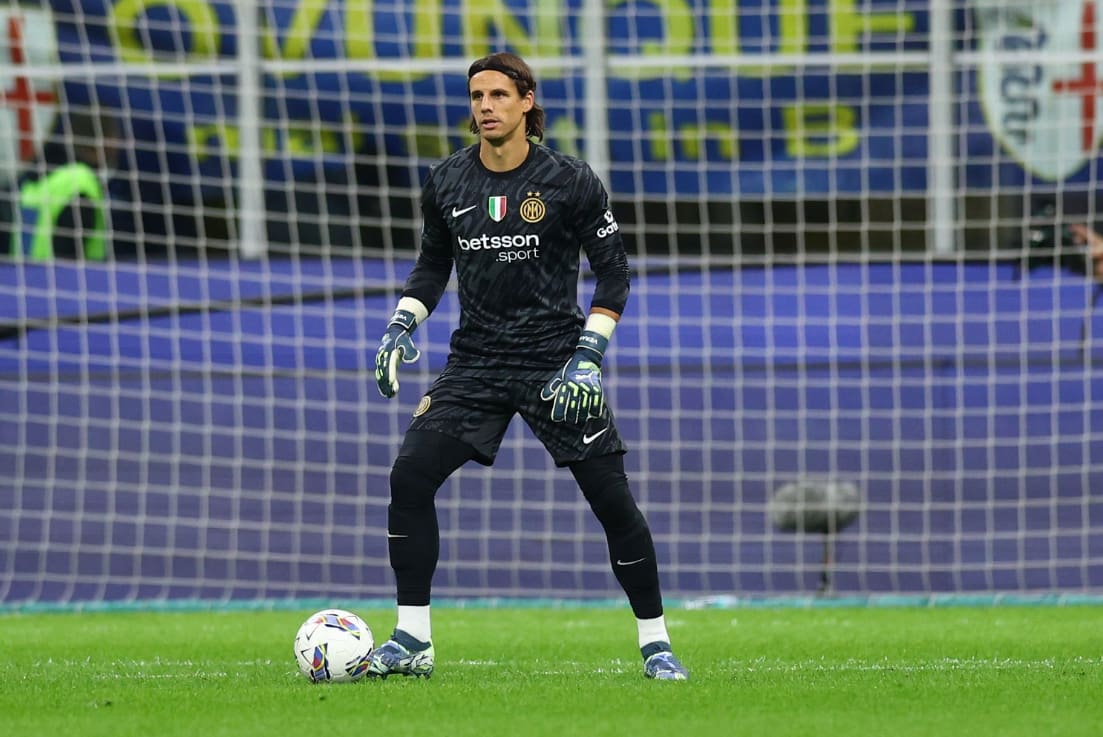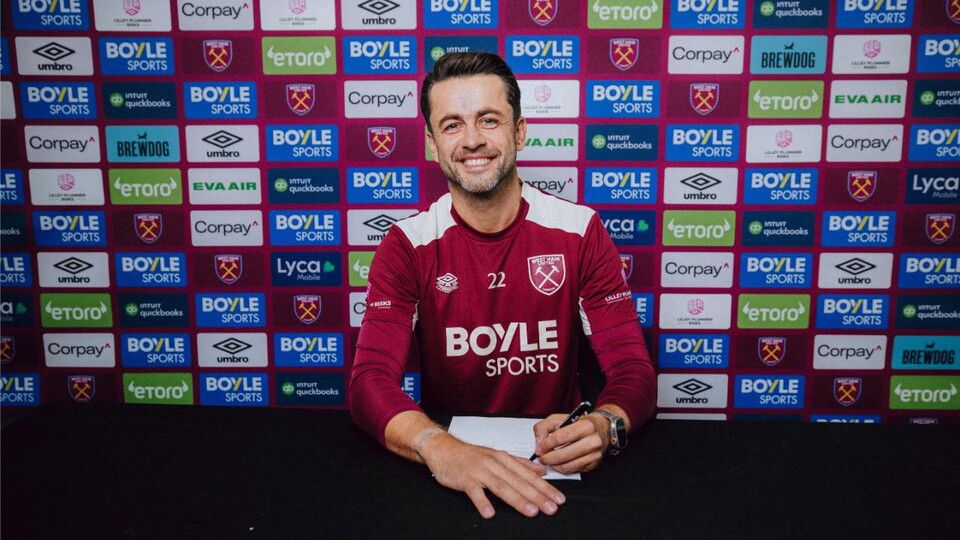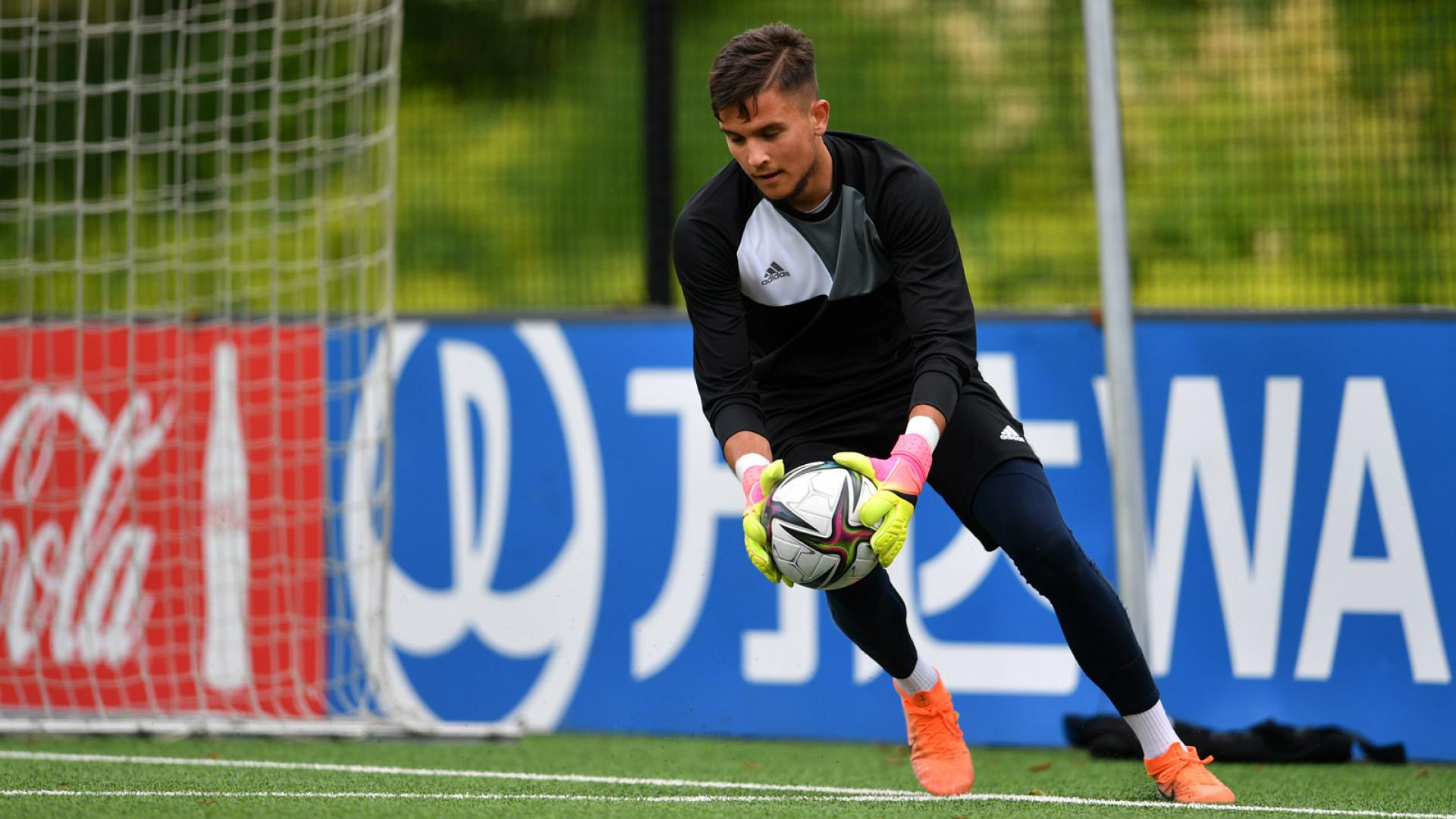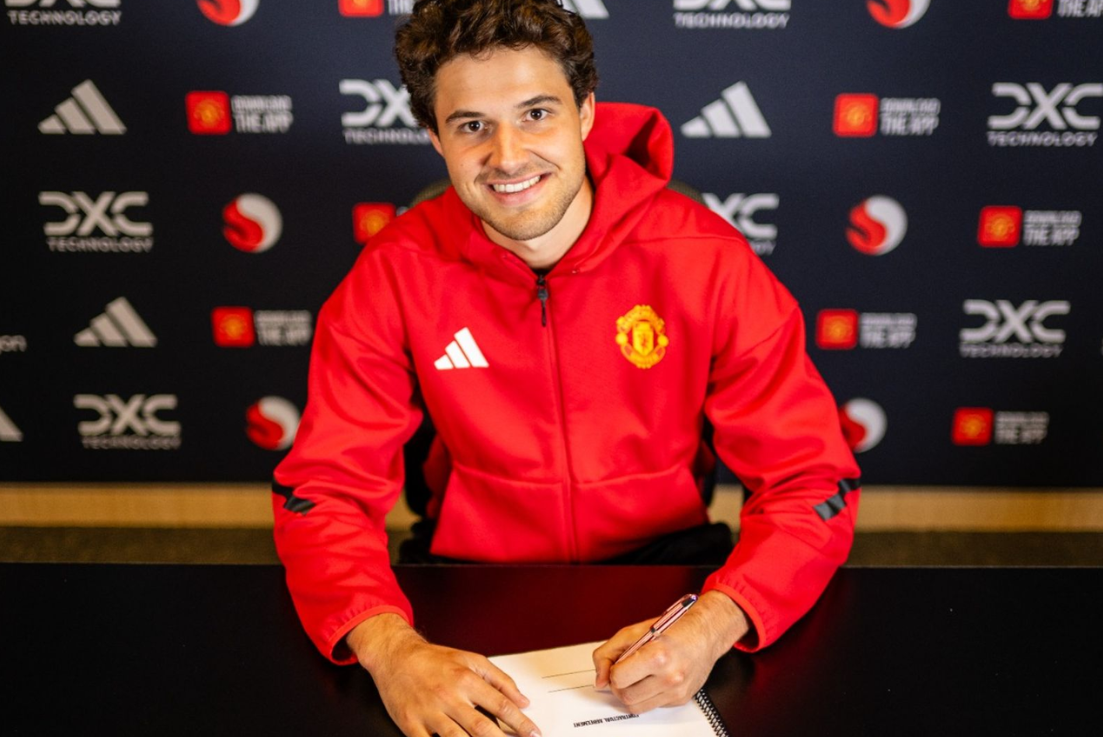Gianluigi Donnarumma and Yann Sommer: unravelling the definition of a goalkeeper's ‘prime’ years.
When Paris Saint-Germain and Internazionale walk out at the Allianz Arena for the Champions League final on Saturday 31st May, both of their goalkeepers can step onto the turf knowing they have played an integral role in getting their teams there.
For Les Parisiens, Gianluigi Donnarumma had already been the hero against English opposition before facing Arsenal in the semi-final, having outfoxed Darwin Nunez and Curtis Jones to help his side defeat Liverpool in a penalty shootout at Anfield.
After progressing past Aston Villa in the quarter-final, the Italy international was unbreachable at the Emirates, where he got down superbly to stop efforts from Gabriel Martinelli and Leandro Trossard either side of half-time.
He was equally impressive back at the Parc des Princes, bailing out his defence amid their struggles to deal with long throws by instinctively denying Martinelli and spectacularly tipping Martin Odegaard’s venomous strike past the post. The Italian then clawed away a Bukayo Saka attempt that seemed destined for the top corner, as PSG won 2-1 on the night and 3-1 on aggregate.
While his comments were widely met with cynicism, after the second leg, a forlorn Mikel Arteta told TNT Sports: “When you look at the two games, who has been their best player on the pitch? It’s been the goalkeeper. He’s made the difference for them in the tie.”
The brilliance of Yann Sommer and his Inter defence was on full display in the league phase, when they conceded one solitary goal in eight matches. While the Switzerland international hasn’t kept a clean sheet in the competition since then, he has still produced saves that are eye-catching and important in equal measure, with the semi-final being the best example of that.
Sommer was beaten three times by Barcelona both home and away, but at the Estadi Olimpic Lluis Companys he touched Lamine Yamal’s strike onto the crossbar, got down well to palm away a driven Dani Olmo shot and tipped a venomous Raphinha strike over.
Even so, his very best was reserved for the return leg at the San Siro, where he left the world stunned by miraculously leaping across his goal to deny Eric Garcia and then sensationally getting his fingertips to Yamal’s late shot to divert it past the post. It speaks volumes that I Nerazzurri’s goalkeeper was named the official man of the match in a contest that featured seven goals, plus bundles of attacking brilliance and drama.
Both goalkeepers put in those performances for a chance to lift the most coveted trophy in club football, yet they have done it at very different stages of careers that have taken very different paths.
At 26 years old, Donnarumma has already experienced more than many will in their entire careers. He became Serie A’s second-youngest goalkeeper when he represented AC Milan at just 16 years and 242 days old and became Italy’s youngest-ever goalkeeper under a year later.
Showing how much attention there was on Donnarumma at a young age, when he was still just 18, a fan threw fake money at the goalkeeper while he was representing Italy at the U21 Euros as he was refusing to sign a new contract at Milan. The trophies have been free flowing since his move to PSG four years after that incident, as he has won Ligue 1 four times, the Coupe de France twice and the Trophee des Champions three times. In addition, his penalty-saving heroics the same summer of his move saw Italy crowned Euro champions and contributed to Donnarumma winning the Yashin Trophy at just 22 years old.
A far cry from the San Siro, Sommer got his first taste of senior football in Liechtenstein when Basel loaned him to Vaduz as an 18-year-old who would help them get promoted to Switzerland’s top tier and win the Liechtensteiner Cup. Another loan came at 20, this time to Grasshoppers, and he would have to wait two more years to become Basel’s number one.
Sommer won four Swiss Super League titles and two Swiss Cups at Basel, while also competing in the Champions League and making it as far as the Europa League semi-final. It was the summer of 2014, the same that saw Sommer travel to the World Cup but not feature with Diego Benaglio going between the sticks for Switzerland, that Sommer made his way into a major league by signing for Borussia Monchengladbach at 25.
By no means does that make him a late bloomer in a position that often requires patience to reach the top, but it marks a very different timeline to that of Donnarumma. It also wasn’t the step that took Sommer, a goalkeeper who had long earned his respect, to a level where he could compete for top trophies. That came nine-and-a-half years later when he joined Bayern Munich after Manuel Neuer broke his leg in a skiing accident, with Sommer having played in two World Cups and another two Euros by that point.
A trophy arrived swiftly, with Sommer joining in the January transfer window of a campaign that saw the Bavarians lift the Bundesliga trophy. He was soon off again, joining Internazionale and finally becoming the undisputed number one of a European giant at 34 years old, helping I Nerazzurri to the Scudetto and also lifting the Supercoppa Italiana in his maiden campaign with the club.
Now, separated by 10 years, two months and eight days, and having taken very different journeys to reach this point, Sommer and Donnarumma will both play at the pinnacle of club football.
With the semi-finals including a 35-year-old Wojciech Szczesny who had come out of retirement, and David Raya, who perhaps took a more typical route in reaching the Premier League at 25 and now reaching this stage at 29, the Champions League’s latter stages offers an argument that there is no set out 'prime years' for goalkeepers to reach the top of the game.
So, as much as Donnarumma and Sommer might take a moment to reflect on their journeys to such a prestigious match, the only thing that will matter once the whistle has blown to start the Champions League final is who does enough to win it.








